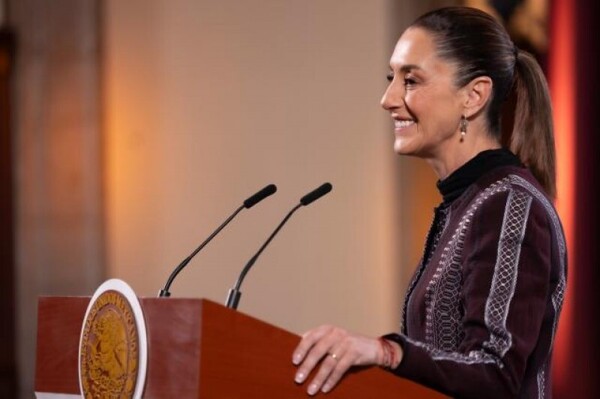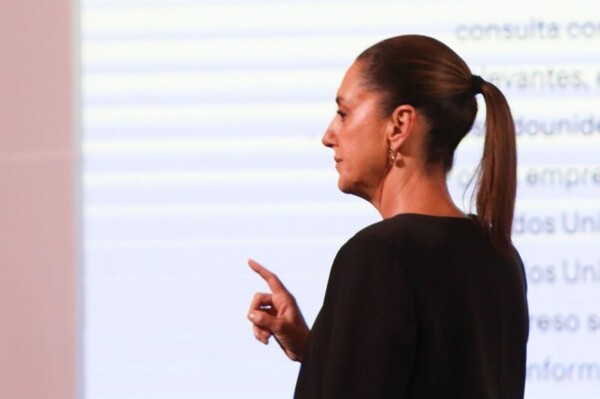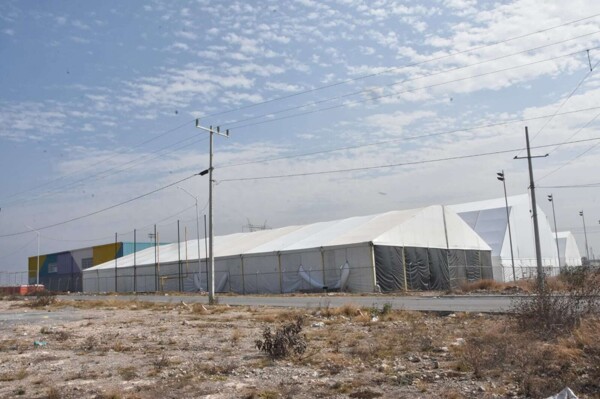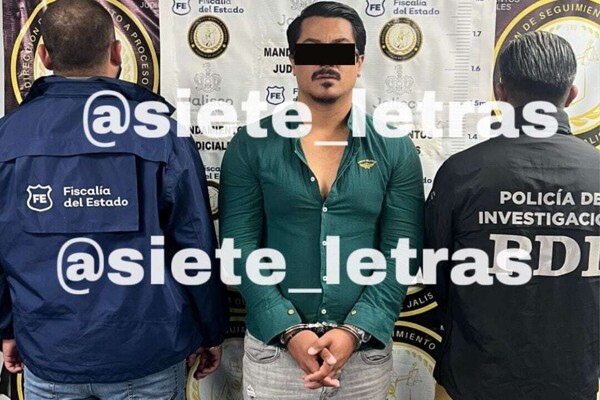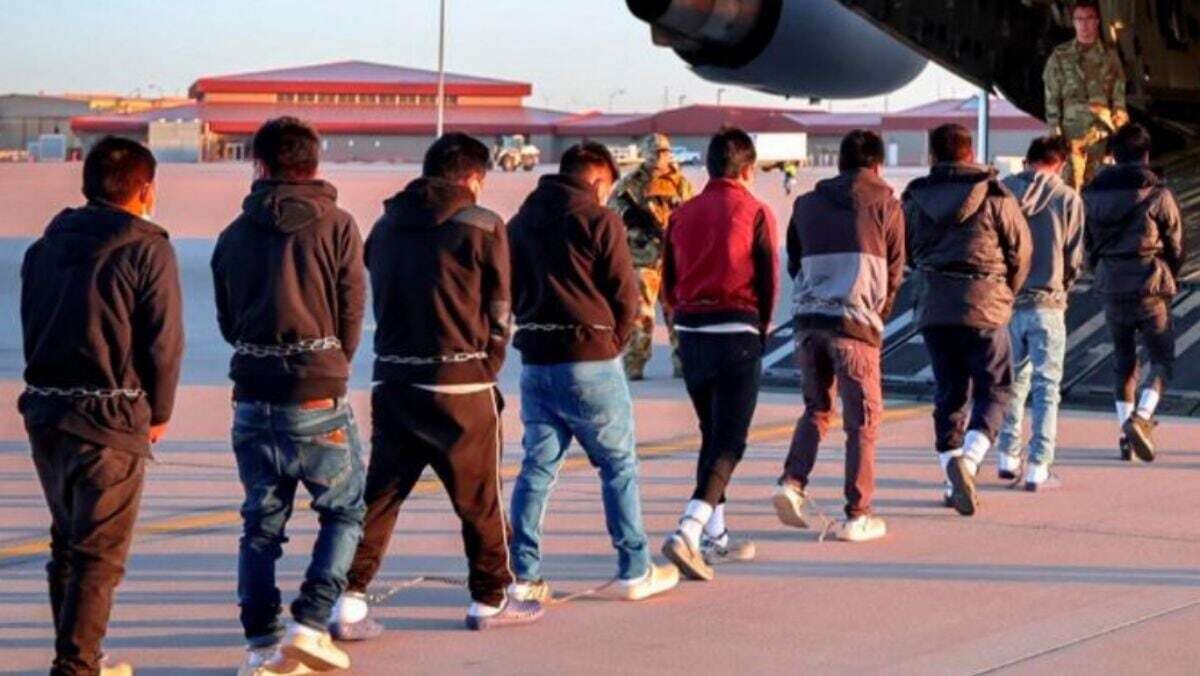
The President of Mexico, Claudia Sheinbaum, declared on Tuesday, January 28, that her country has received deportees of other nationalities from the United States in the first week of Donald Trump's presidency, but she denied becoming a "safe third country." Sheinbaum emphasized that there is coordination and communication in case of the arrival of people from other nationalities, something that has occurred in previous administrations of both countries.
In the first week of January, Mexico received 4,094 deportees, of which not all were Mexican, which generated criticism from the opposition. The president argued that her government has a humanitarian approach and added that, for humanitarian reasons, they cannot stop attending to foreign people at the border, as has been done in the past.
Sheinbaum compared the Mexican situation to that of El Salvador, which is negotiating a "safe third country" agreement with the United States. Despite criticism and pressure, the president reiterated that Mexico follows a policy of coordination and communication without subordination to the Government of the United States.
At a later event, Donald Trump commented on Colombia's acceptance of flights with deportees from the United States. According to the president, leader Gustavo Petro quickly accepted said flights, despite previous disagreements over the treatment of migrants in the U.S. Trump justified the use of chains on deportation flights, arguing that undocumented foreigners are dangerous criminals.
The U.S. president stated that deportees are "murderers, drug lords, gang members" and that the use of measures like chains is necessary to ensure the safety of pilots and passengers on the flights. Trump's stance has generated criticism and controversy, with comparisons to action movies, and has brought the treatment of migrants in U.S. border policy back to the center of discussion.











